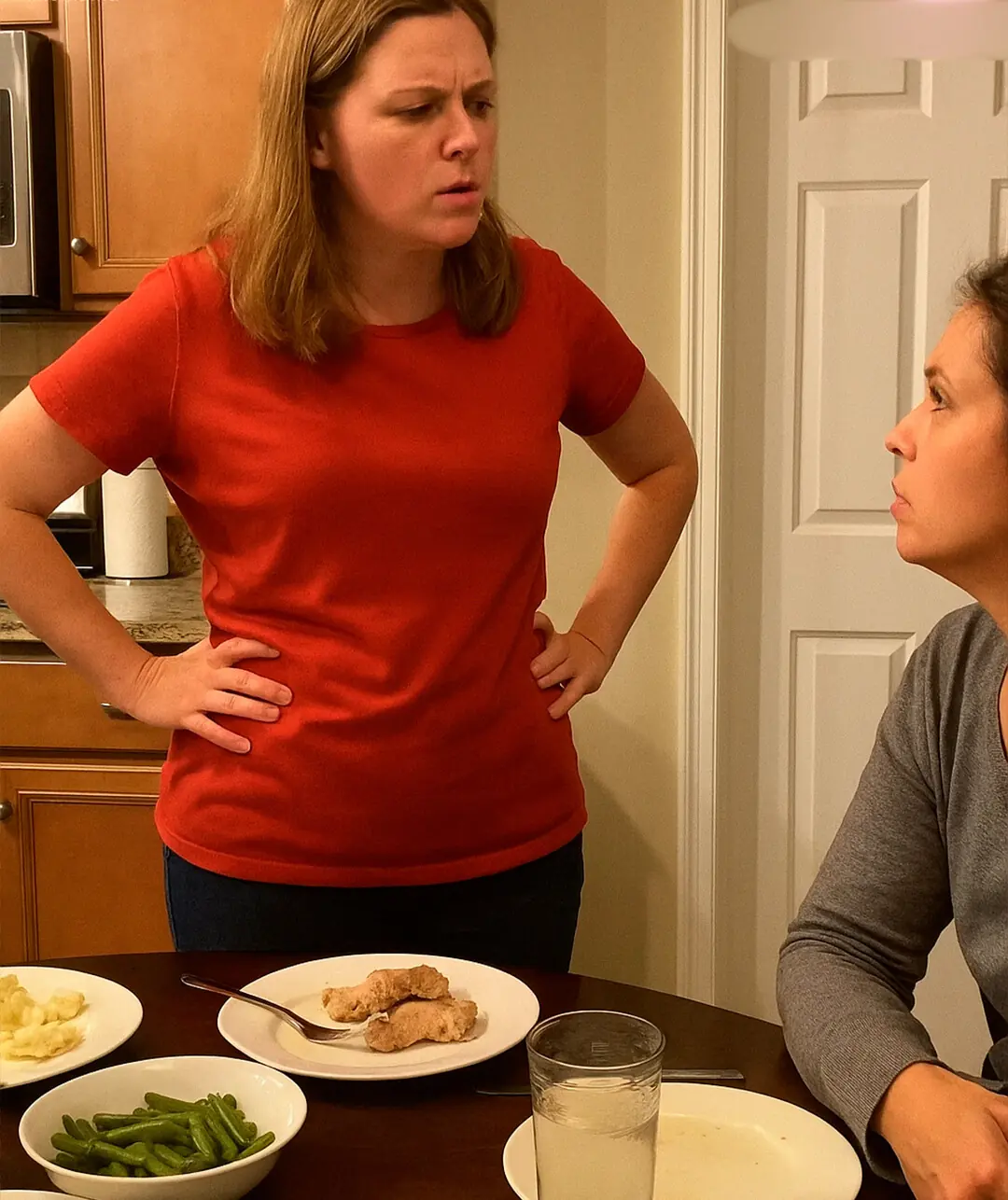
My Daughter's MIL Called Me a Beggar and Kicked Me Out of My Granddaughter's Birthday Party
I spent the little I had just to see my granddaughter smile on her birthday. But before she even saw me, her other grandmother—my daughter’s mother-in-law—called me a beggar and tried to have me thrown out, as if I were nothing. Like I didn’t matter at all.
It’s been five years. Five years of silence.
Silence after Linda, my wife.
Silence after Emily, our daughter.
Every morning I still wake up—not out of joy or purpose, but from sheer habit. I open the same kitchen window, inhale the same cold air, and sit in the same wooden chair as the sun creeps across the faded linoleum floor. I watch its light hit the shelf with the old teacups Linda used to collect. That’s how I know morning has arrived.
And that I’m still alone.
It began during a harsh winter. Linda had fallen ill—shivering, coughing, barely able to eat. I was worried sick.
“I’m calling an ambulance,” I said one evening, panicked. “We’re not playing games here, Linda.”
She shook her head gently, pale under the heavy blankets. “Oh, Frank. We can’t afford another hospital bill. I’ll just drive to the pharmacy. It’s only five minutes.”
“Please, let me go. Or we’ll call a taxi. You’re too weak.”
“I’m not a child,” she insisted, reaching for her coat. “Just give me the keys.”
I held her purse in my hand, standing helplessly in the hallway. I wanted to stop her, to raise my voice for once, but all I did was watch.
She smiled at me. “Put the kettle on, sweetheart. I’ll be back soon.”
But she never came back.
Her car skidded on black ice. A truck couldn’t stop in time.
At her funeral, I stood like stone. But when Emily approached, her grief tore straight through mine. I tried to speak, to explain.
“Sweetheart, it was an accident. I tried to stop her...”
Emily’s eyes wouldn’t meet mine.
“You should have made her stay,” she whispered. “Just once in your life, you should’ve stood your ground.”
Her voice was cold.
“She’s dead because you let her leave.”
I wanted to scream, to break through the pain and say, I tried. But nothing came out. That was the last time we spoke.
Since then—silence. I called every few months, left voicemails she never returned. I sent old photos—her first day of school, Linda holding her as a baby. I sent Christmas cards, birthday wishes, letters. Nothing came back.
I stopped heating the whole apartment to save money, wearing my coat even indoors when the radiator failed. I lived on toast and tea. My pension barely covered bills, but I tucked away every spare coin into an old biscuit tin buried under my shirts. It was my emergency fund—for the day I’d be too sick to move.
I wouldn’t touch it. Not even when my shoes had holes. Better to suffer now than beg later.
One morning, staring down at another impossible electric bill, something inside me broke.
“That’s it,” I muttered. “No more waiting.”
At the grocery store, I spotted a handwritten flyer: "Looking for part-time janitor. Morning shift. Little Pines Preschool."
I tore off the tab and shoved it into my coat pocket. I thought I was just taking a job. I didn’t realize I was about to stumble into the one thing I never dared dream of.
The children at the preschool brought back a life I thought I’d buried.
“Good morning, Frank!” they shouted every day as I opened the gate.
I became part of their little routines. They gave me chestnuts and leaves to plant, told me wild stories, asked silly questions.
One little girl, though, was different.
“Are you a real shovel master?” she asked seriously on my first day, watching me rake the wet leaves.
“Well, I don’t have a diploma,” I joked, “but I’ve been practicing for about sixty years.”
She laughed. A real, full-bellied laugh that echoed through the yard.
“I’m Sophie,” she said proudly. “And I’m the boss of the Yellow Bunnies.”
“Pleased to meet you, Miss Bunny. I’m Frank.”
From that day, she was my shadow. She held the nails when I fixed the fence. She wiped benches with a cloth while I swept. Curious, kind, bold—Sophie was a little sun.
“Do you have a dog?”
“Were you ever a famous singer?”
“Have you ever flown to the moon?”
Every question mattered to her, and I answered them like they were the most important questions in the world.
One afternoon, she pulled out a silver pendant from under her sweater.
“My mom gave me this. And it was from my grandma,” she said.
I froze. I knew that necklace. I had bought it for Linda thirty years ago. Linda had given it to Emily on her 18th birthday.
“It brings good luck,” Sophie said. “Mom says, ‘Wear it when you’re sad, and Grandma will be there.’”
I swallowed hard.
“Do you have a granddaughter?” she asked, looking me dead in the eyes.
“Maybe I do,” I said quietly. “Maybe I don’t. I’m not sure anymore.”
“That’s sad,” she said. “How can someone not know they have a granddaughter?”
I shrugged. “Sometimes people get lost. Sometimes others lose them.”
Sophie grabbed my hand.
“My birthday’s soon. I’ll be five. Will you come?”
“If I’m invited, I’ll be there,” I smiled.
“I’ll make a special invitation just for you!”
She skipped off, and I stayed there, stunned.
I didn’t know for sure. But I had a feeling.
Maybe... maybe Sophie was Emily’s daughter. My granddaughter.
The day of the party, I put on my old white shirt and ironed it twice. My brown jacket hung loosely, but it was clean. I clutched a small gift—a silver piano charm on a delicate chain. All I could afford.
The restaurant buzzed with color and laughter. I stayed near the entrance. Across the room, Sophie spotted me and started waving, but someone stopped her—a tall, elegant woman in pearls.
Marianne.
Emily’s mother-in-law.
She whispered something to Sophie and then turned to me, her smile venomous.
“Well, look who crawled out from under a rock,” she sneered. “Here to beg, old man?”
“I came because Sophie invited me. That’s all.”
She scoffed. “That’s why you vanished for five years? Let your daughter grieve alone while you drank yourself stupid?”
I flinched. “That’s not what happened.”
“You think you can just show up? After everything?”
“I never left. I called. I wrote. I sent cards every Christmas, every birthday.”
Marianne’s laugh was sharp. “What letters? What calls? Emily never saw anything from you.”
Then Emily walked over, frowning.
“You’re lying,” I said.
Marianne didn’t flinch.
Then, suddenly, Emily burst out: “I sent you letters, too! So many. And you never replied!”
I stared at her, stunned. “Emily… I never got a single one.”
Emily’s face fell as the truth slowly unraveled.
“You told me he didn’t care,” she whispered to Marianne. “That he disappeared.”
“I protected you!” Marianne snapped. “He’s a burden. I did what I had to do.”
“No,” Emily said, trembling. “You stole years from me.”
Behind us, a delivery truck pulled up.
“Delivery for Sophie!”
Two men wheeled out a small upright piano.
Emily turned to me, stunned.
“I don’t have much,” I said quietly. “But I saved for that. For her.”
Tears streamed down her face.
“I thought you didn’t love me anymore,” she choked out.
“I never stopped.”
And then she was in my arms, sobbing, calling me Dad again through tears.
We held each other like we’d never let go.
Sophie tiptoed out, balloon in hand.
“The storm ended?” she asked.
Emily knelt beside her.
“Yes, baby. This is your grandpa. The best man in the world.”
Sophie looked up at me and grinned.
“So… you do have a granddaughter after all. Now you really know.”
And as I knelt down and held her close, my heart finally began to heal.
We had lost so many years.
But the best ones were just beginning.
News in the same category

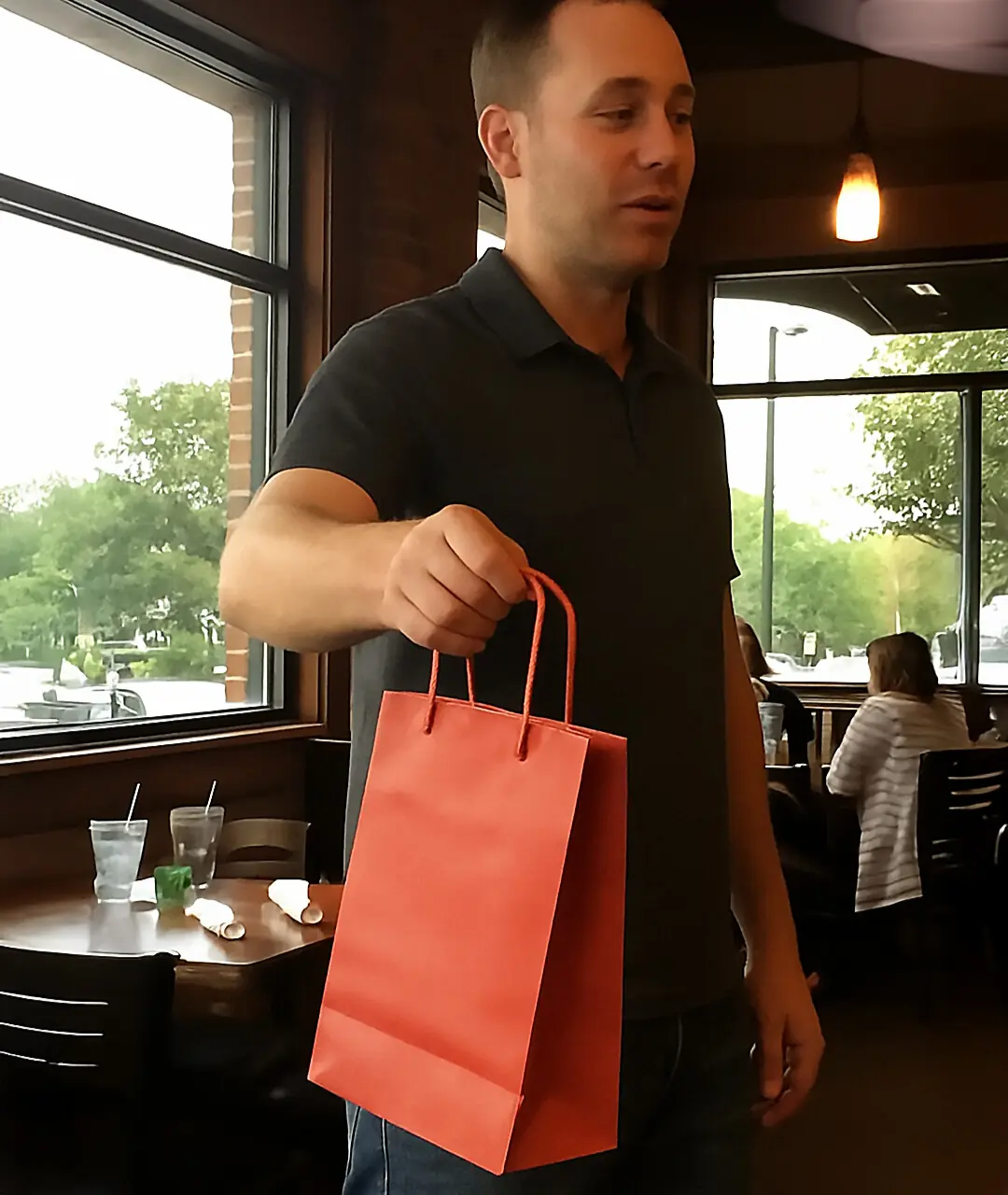
I Walked Out of My Own Birthday Dinner in Tears from Humiliation After My Fiancé's 'Surprise'
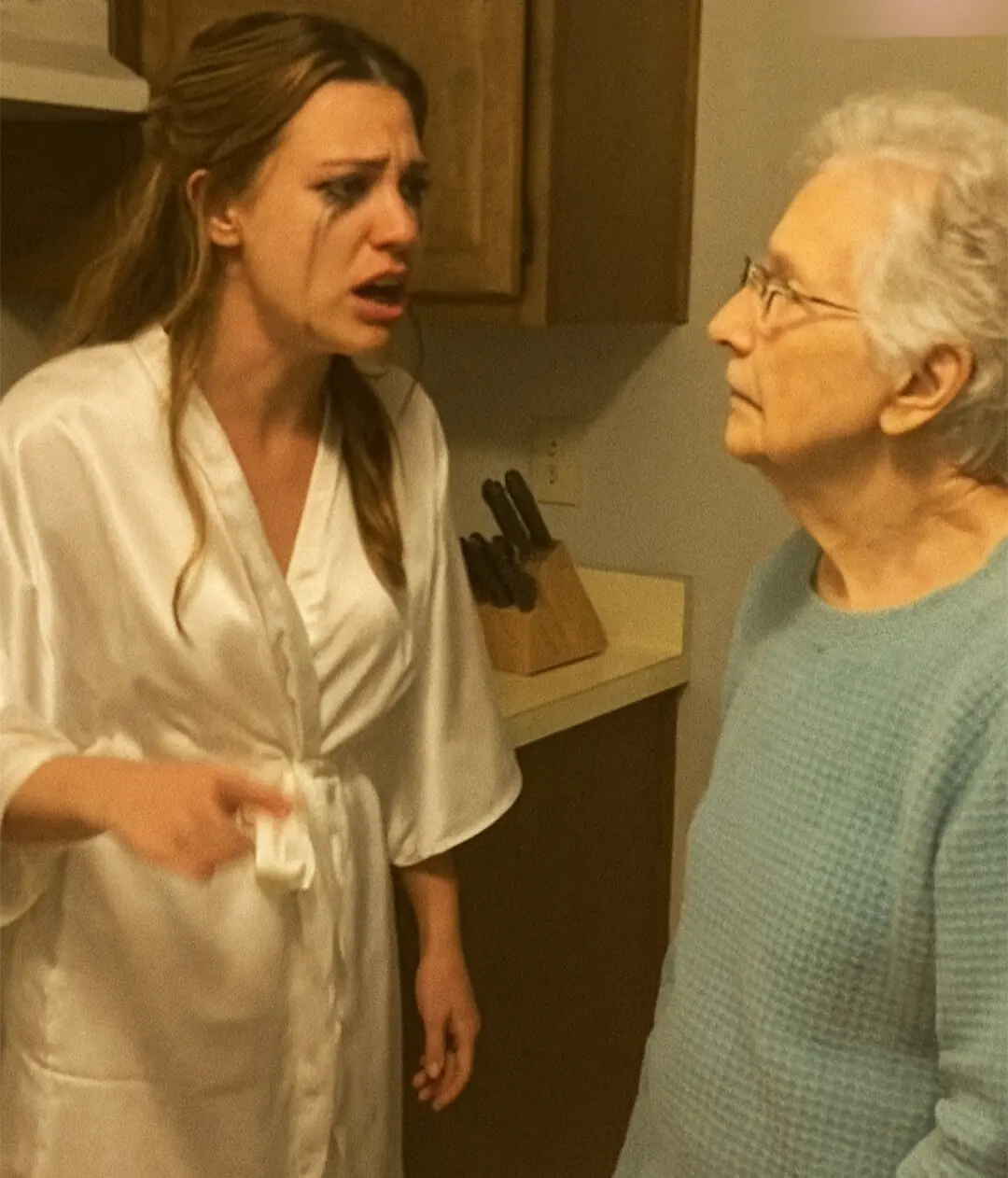
My Granddaughter Said Her Wedding Was 'For Her Friends' and Didn't Invite Me—Then She Found Out What I Was Going to Give Her
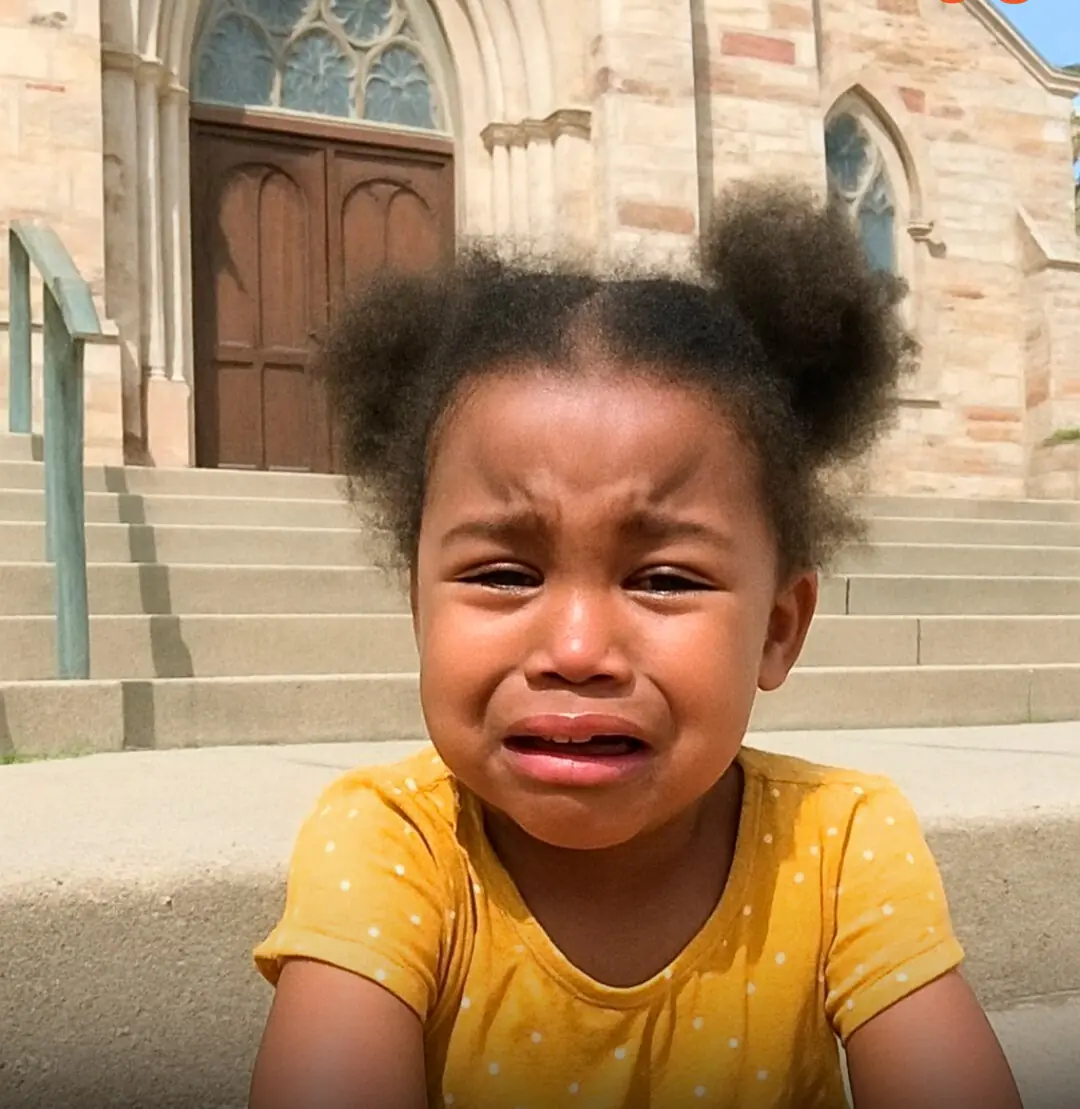
I Took an Abandoned Girl from Church on Easter Only to Uncover My MIL’s Deepest Secret
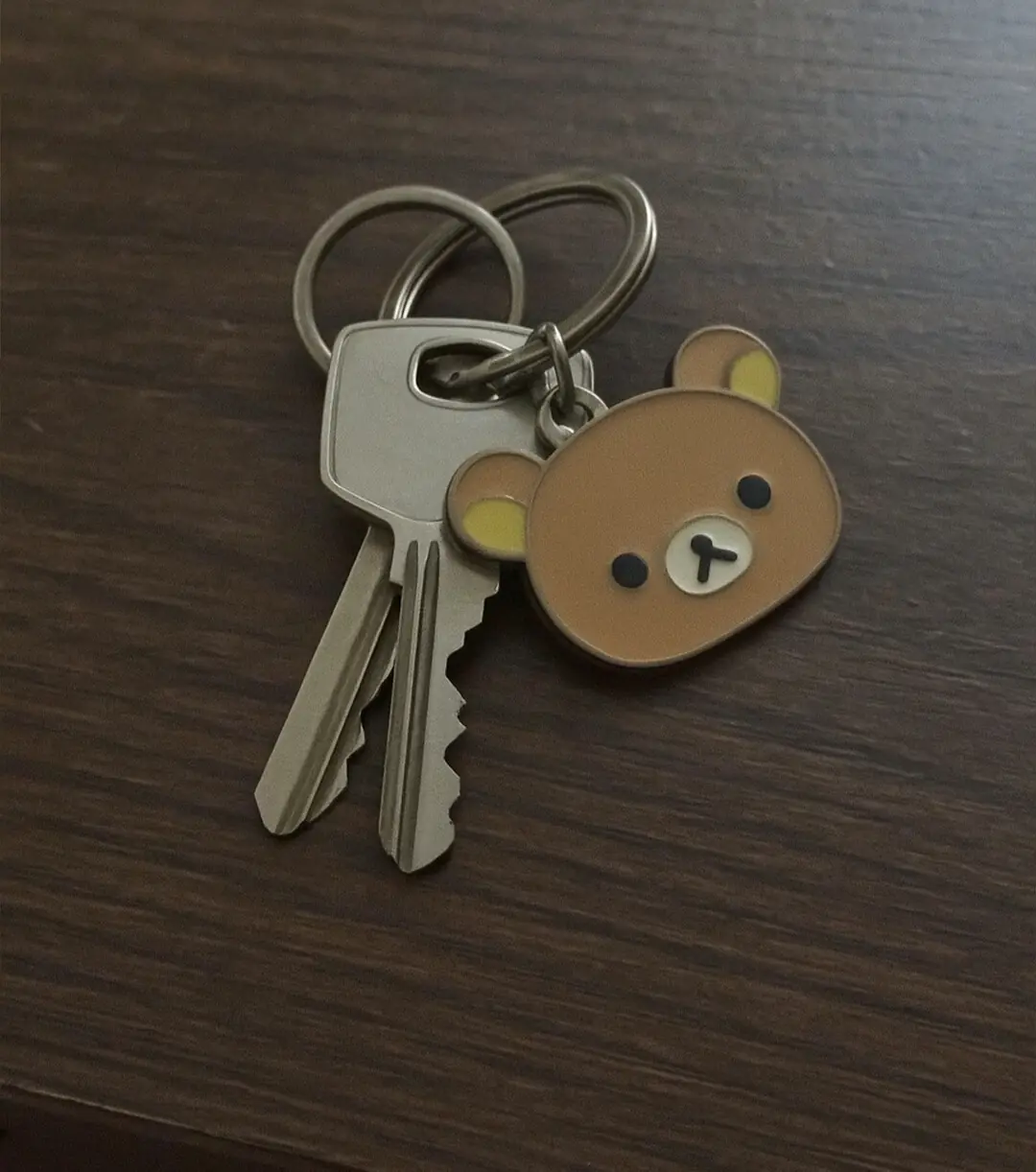
My MIL Demanded I Give Her a Key to Our House Because 'That's What Good DILs Do'
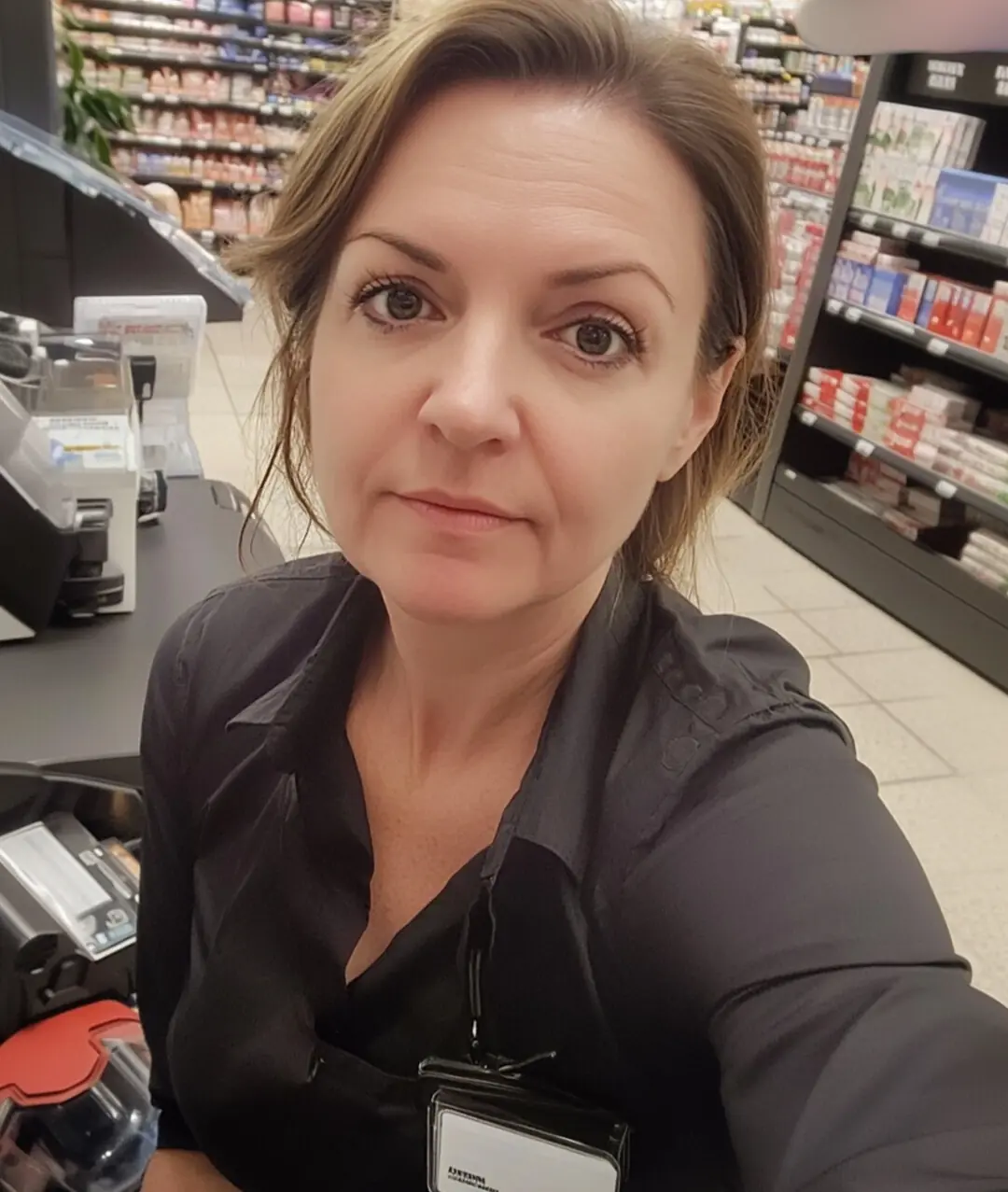
Little Girl is Caught Stealing, but When the Cashier Learns Why, She Makes an Unthinkable Decision
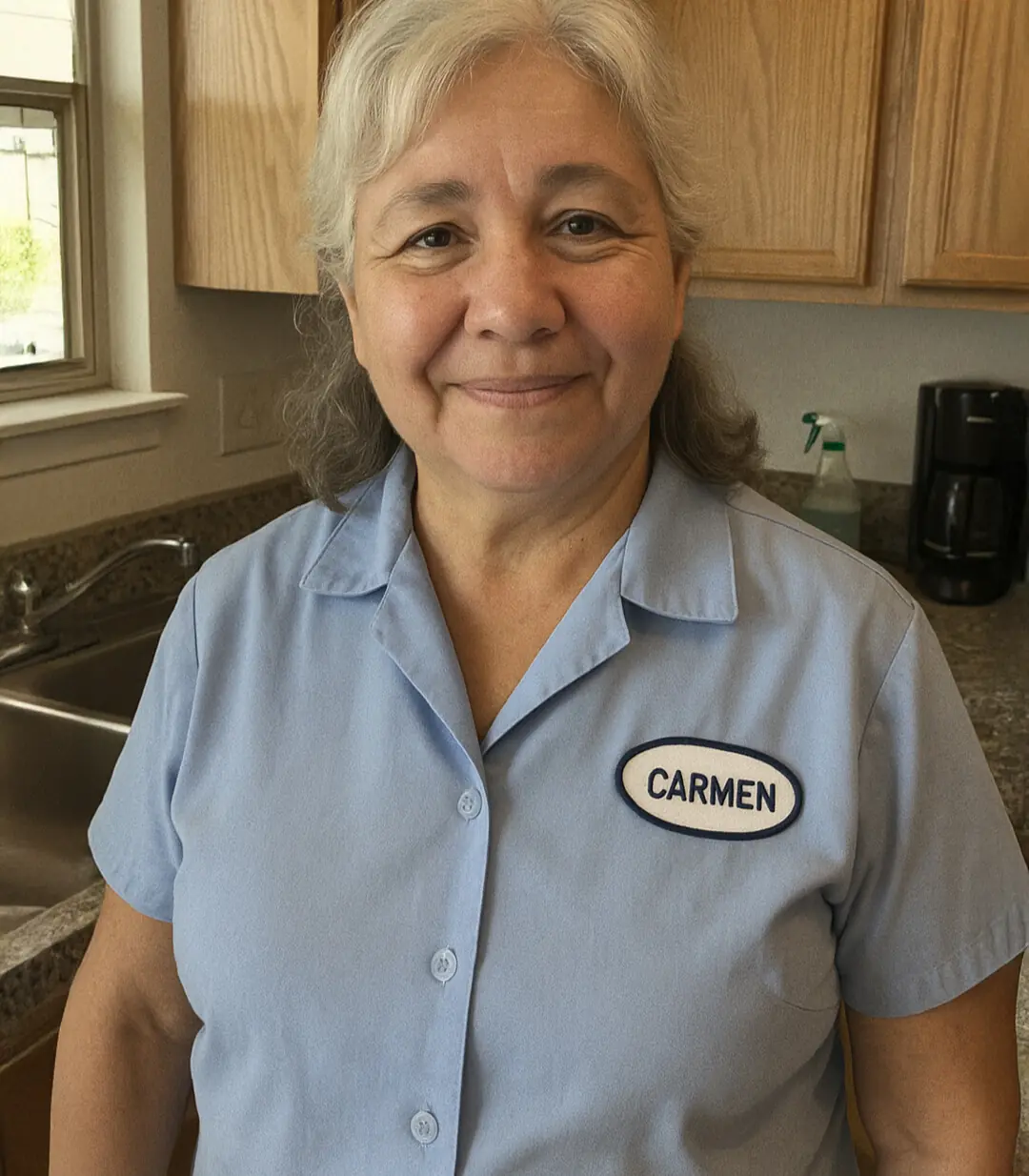
My Daughter Said I Could Only Come to Her Graduation If I 'Dressed Normal' Because She Was Ashamed of Me
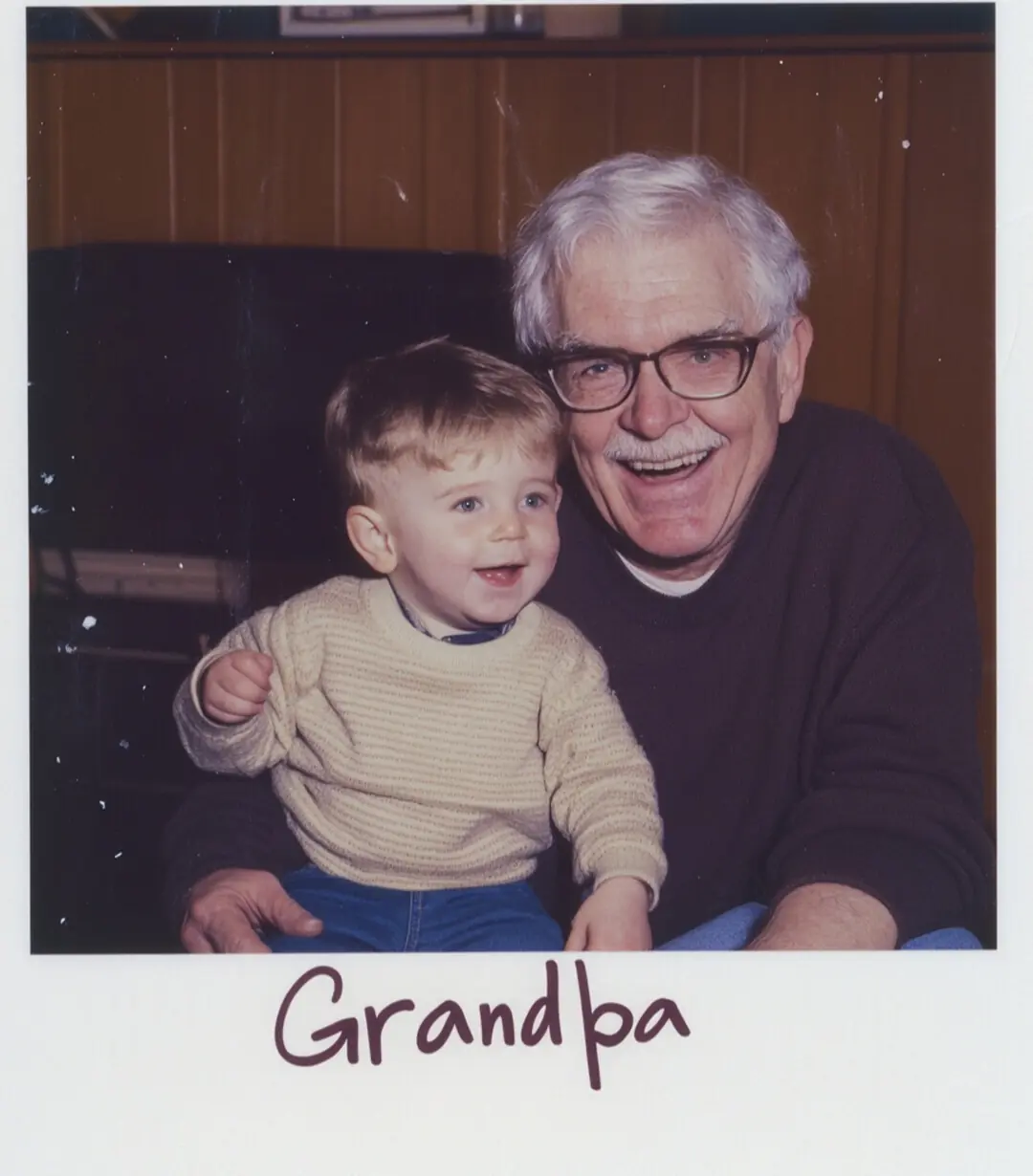
Dying Grandson Poses as Tenant to Spend Final Weeks with Estranged Grandfather

My Neighbor Poured Cement over My Flower Garden Because the Bees Annoyed Him—He Never Expected Payback from the 'Sweet Old Lady' Next Door
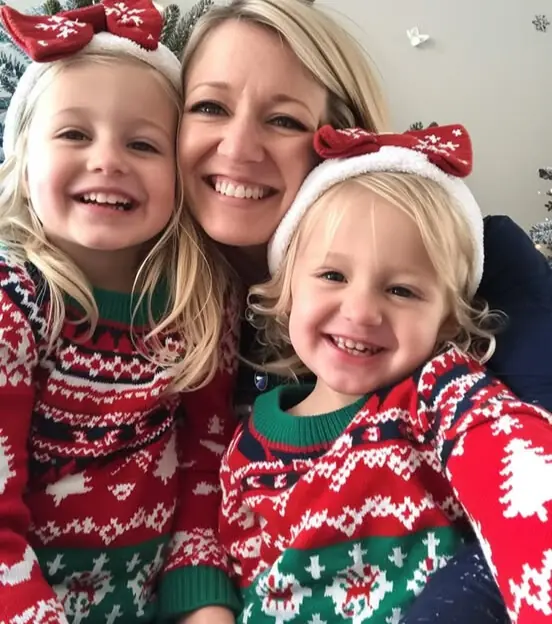
My MIL Kicked Me and My Kids Out of a Family Photoshoot Because We Weren't Wearing Matching Christmas Pajamas
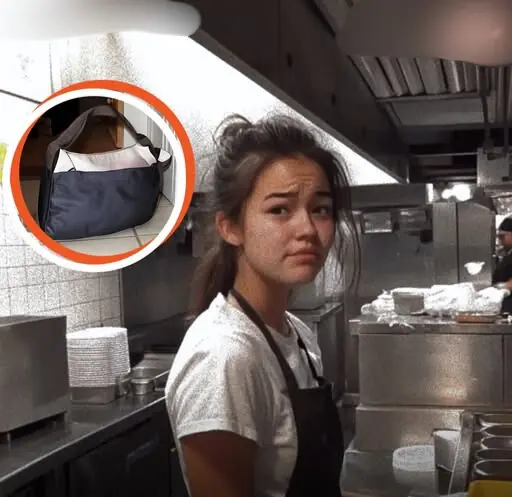
Boss Fires Young Dishwasher Suspecting Her of Theft, Apologizes in Tears After He Opens Her Bag
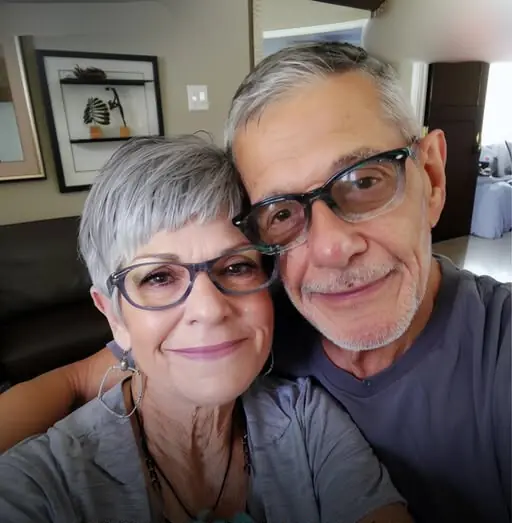
Woman Asks Husband of 30 Years for Divorce Even Though He'd Done Nothing
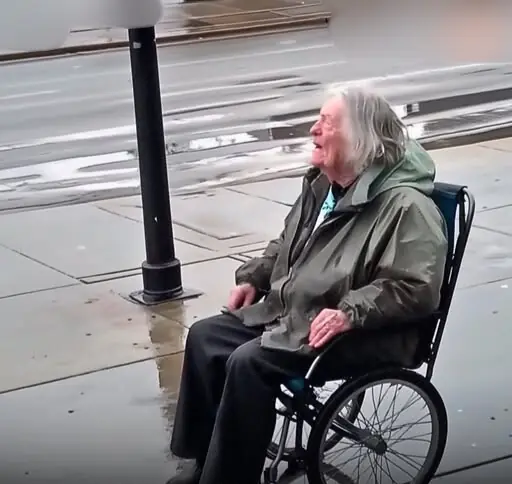
Son Leaves Mom in Wheelchair on the Street, Year Later Sees Her Coming to His House on Her Feet
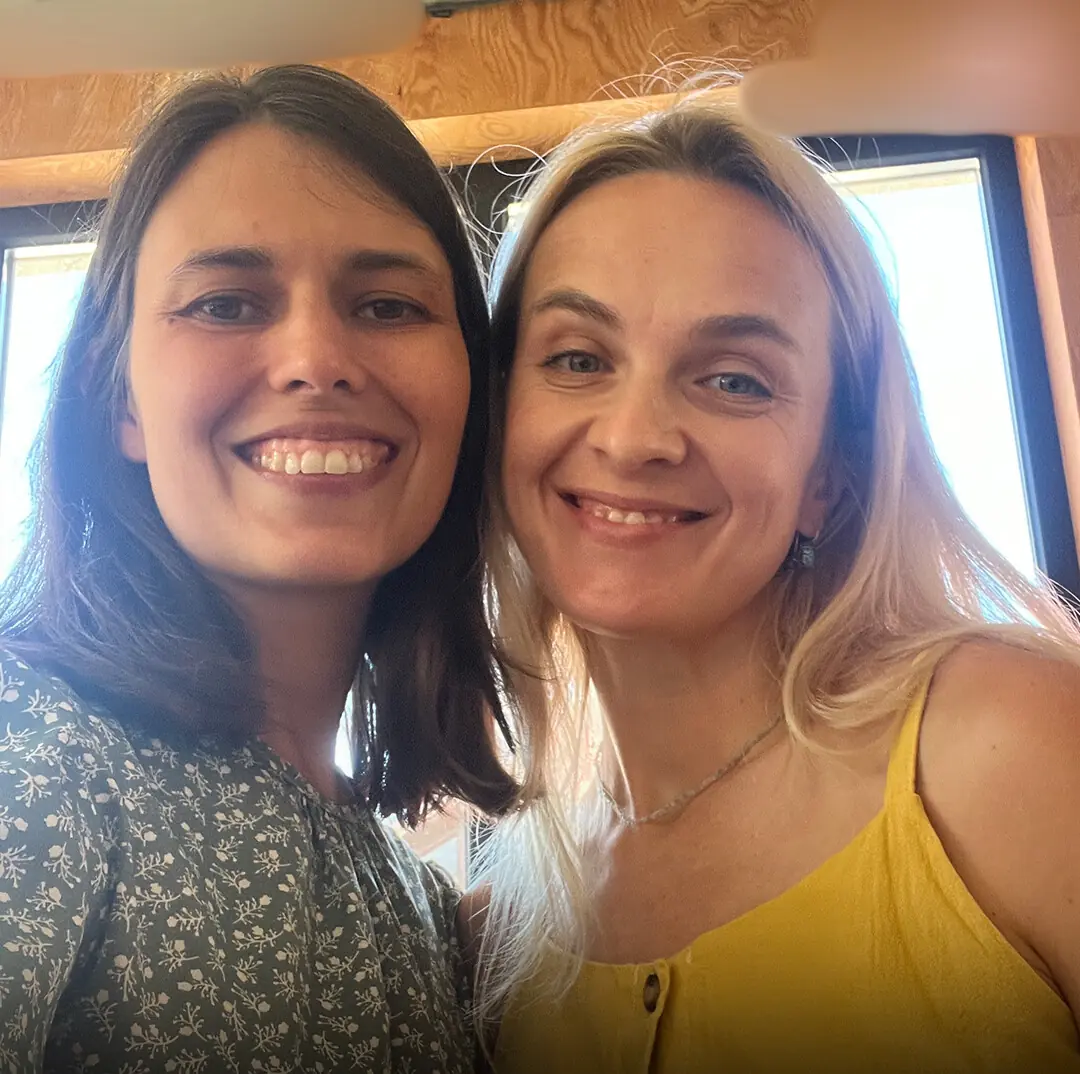
The Woman Who Wanted My Life Was Already in My House
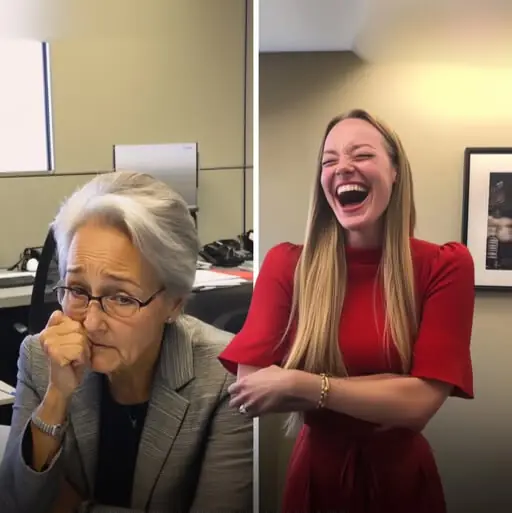
Woman Mocked Me for My Age Only to Share Dinner as My Son’s Fiancée the Very Next Day
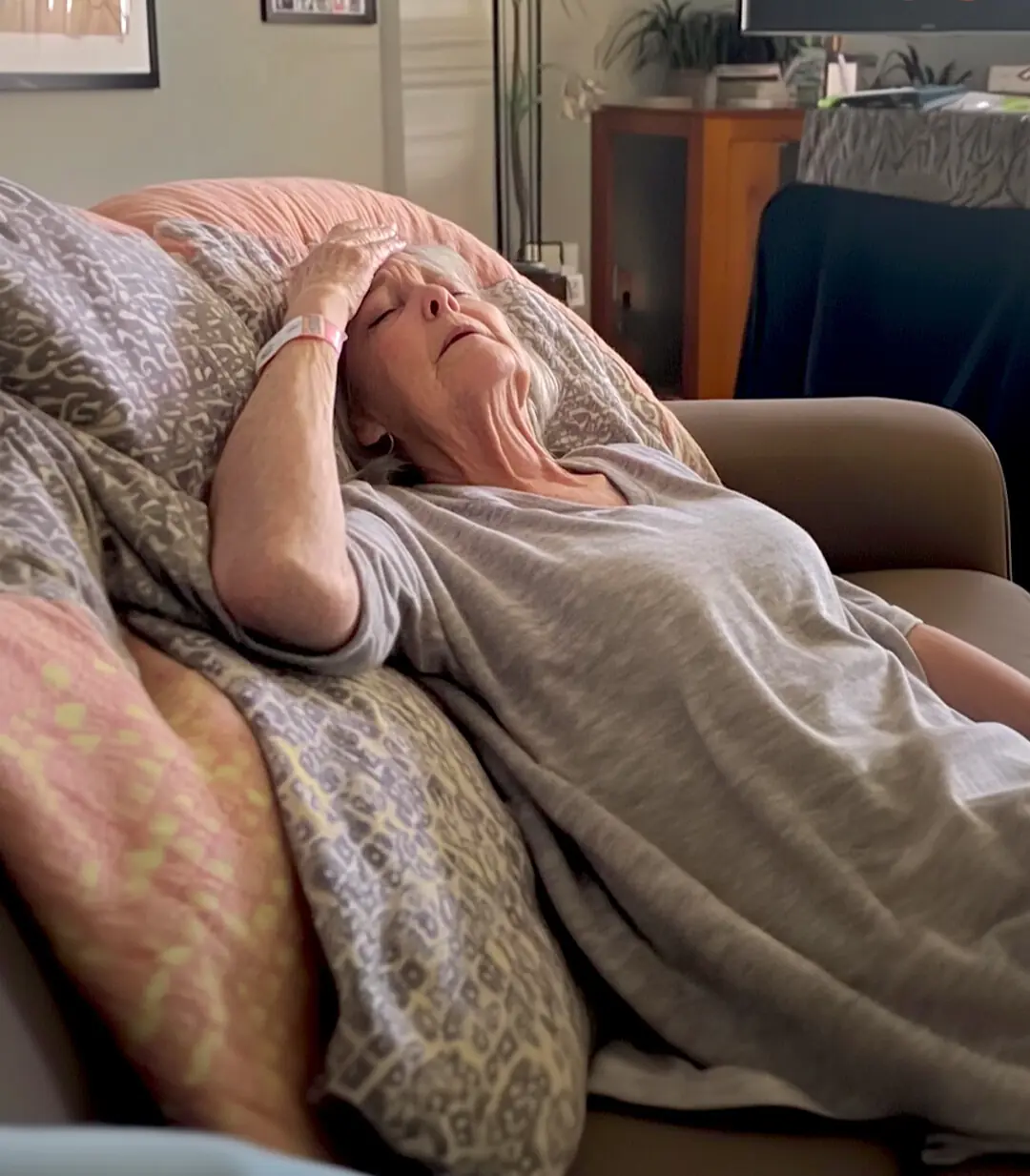
My Husband Sent Me to Care for His Sick Mother While He Went to a Resort with His Mistress, Unaware It Was All Part of My Plan

Lady Informs Fiancé's Family She Is Pregnant, 'He's Infertile!' His Mom Says
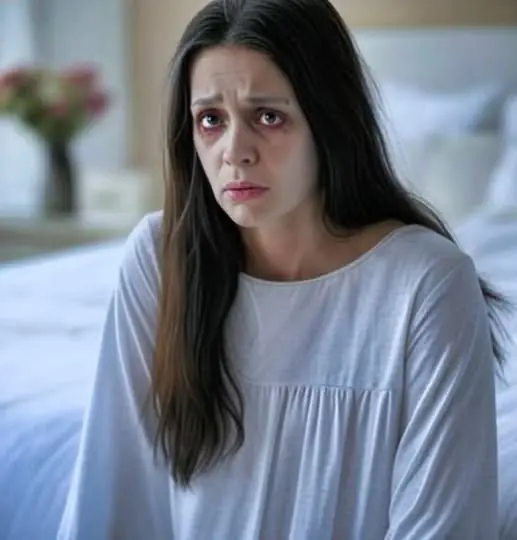
I Was Critically Ill and Begged My Husband to Come Home – He Kept Texting 'Almost There,' but Then His Coworker Told Me the Truth
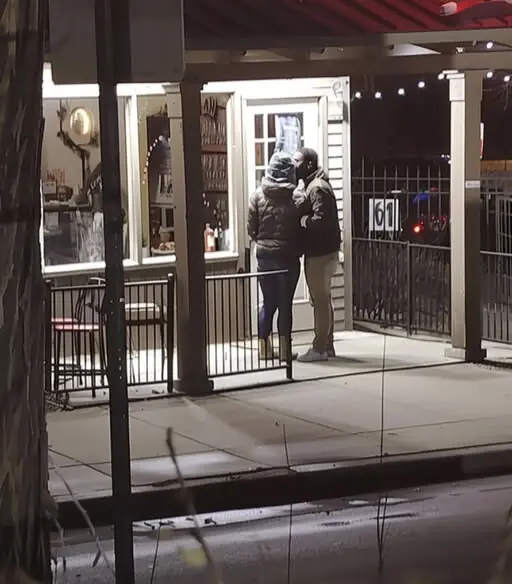
I Helped My Husband Get Back with His First Love but Didn't Know What I'd Go Through
News Post

5 Common Food and Drinks That Can Be Just as Bad for Your Liver as Alcohol
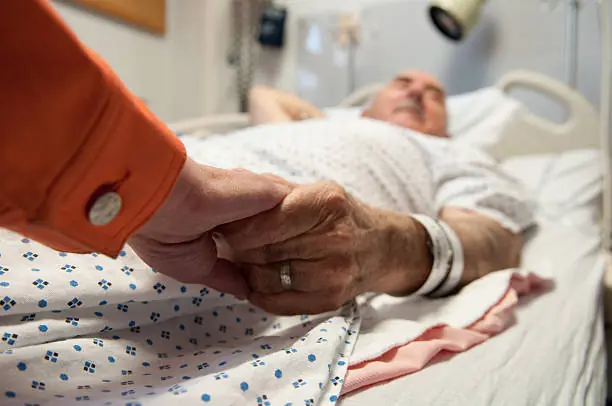
3 Signs Your Parent May Be Nearing the End of Life — How to Prepare for What’s Ahead
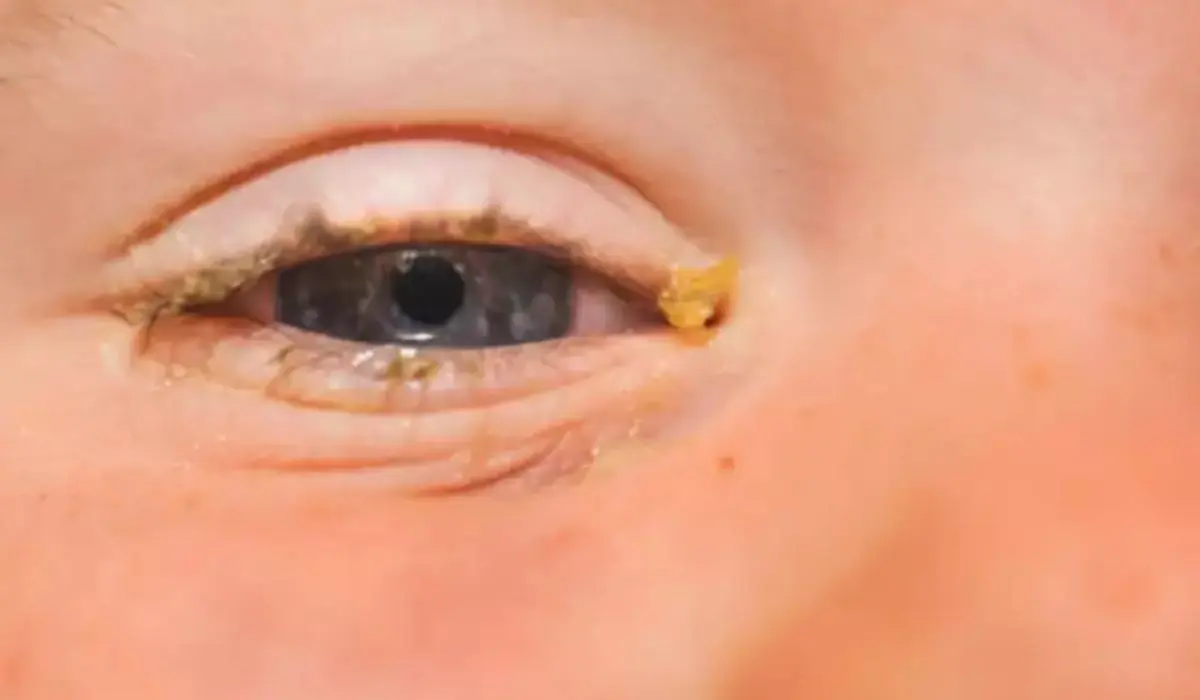
The science behind eye ‘sleep:’ What that crust really is
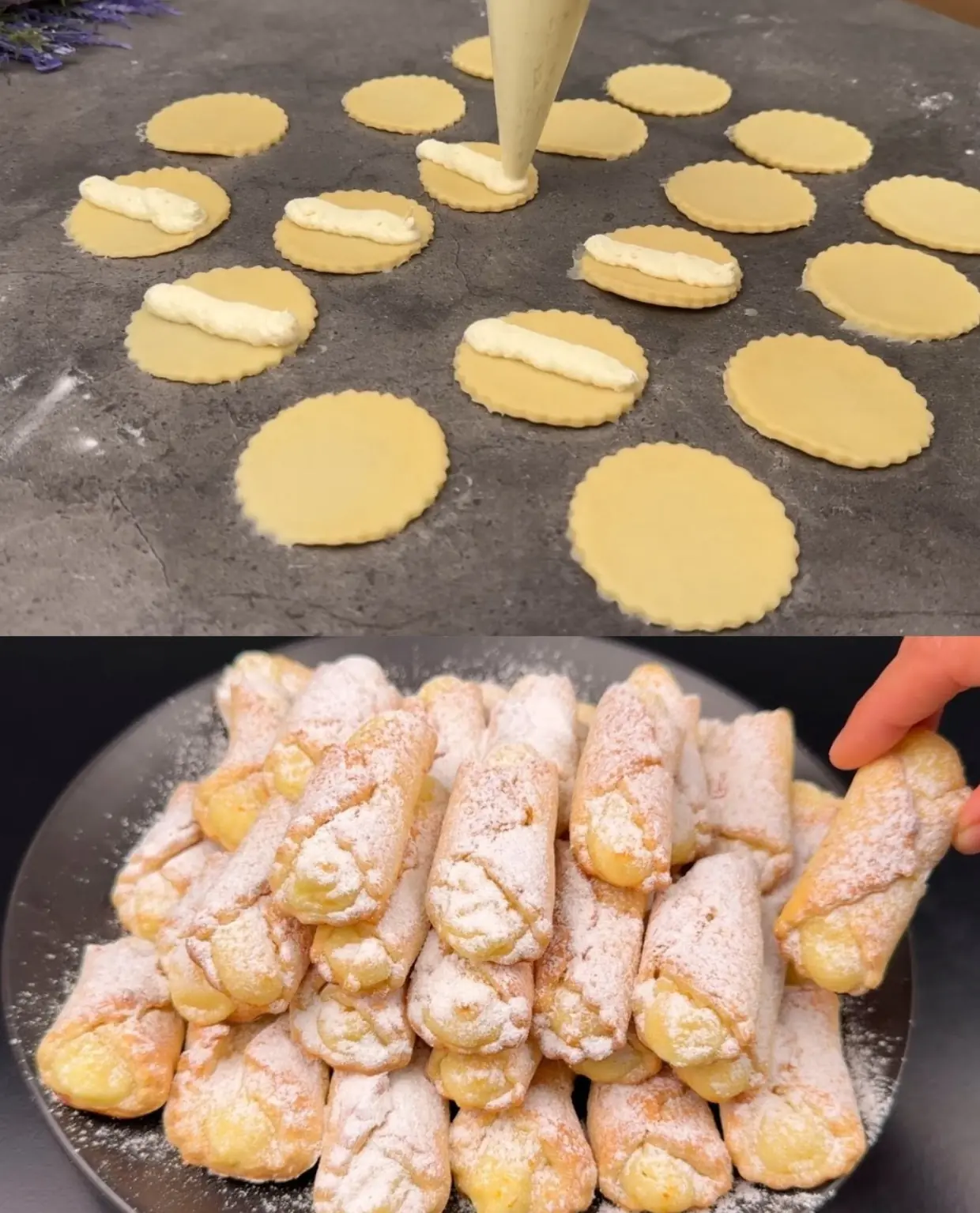
They will disappear in 1 minute! ❗️ 100-year-old recipe from my favorite grandmother!
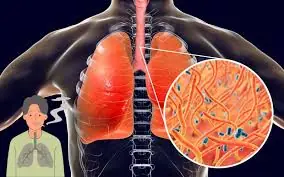
How to Naturally Clear Phlegm and Mucus from Chest and Throat

Skillet Beef Stroganoff Tortellini in Creamy Sauce 🍝🍖🧄🌿
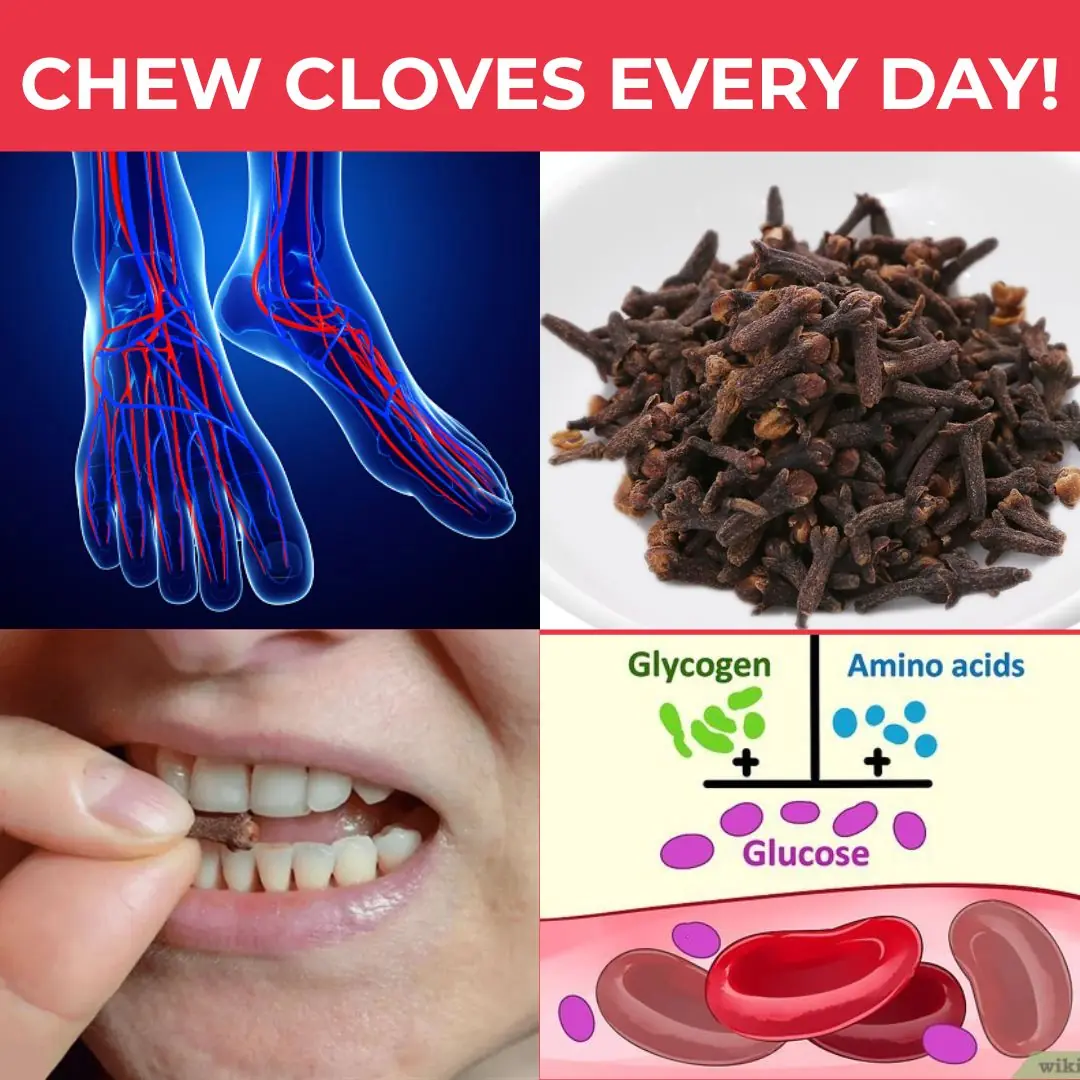
Chewing Cloves Daily: A Tiny Habit with Massive Health Benefits

Sida Acuta: The Powerful Herb You Never Knew You Needed
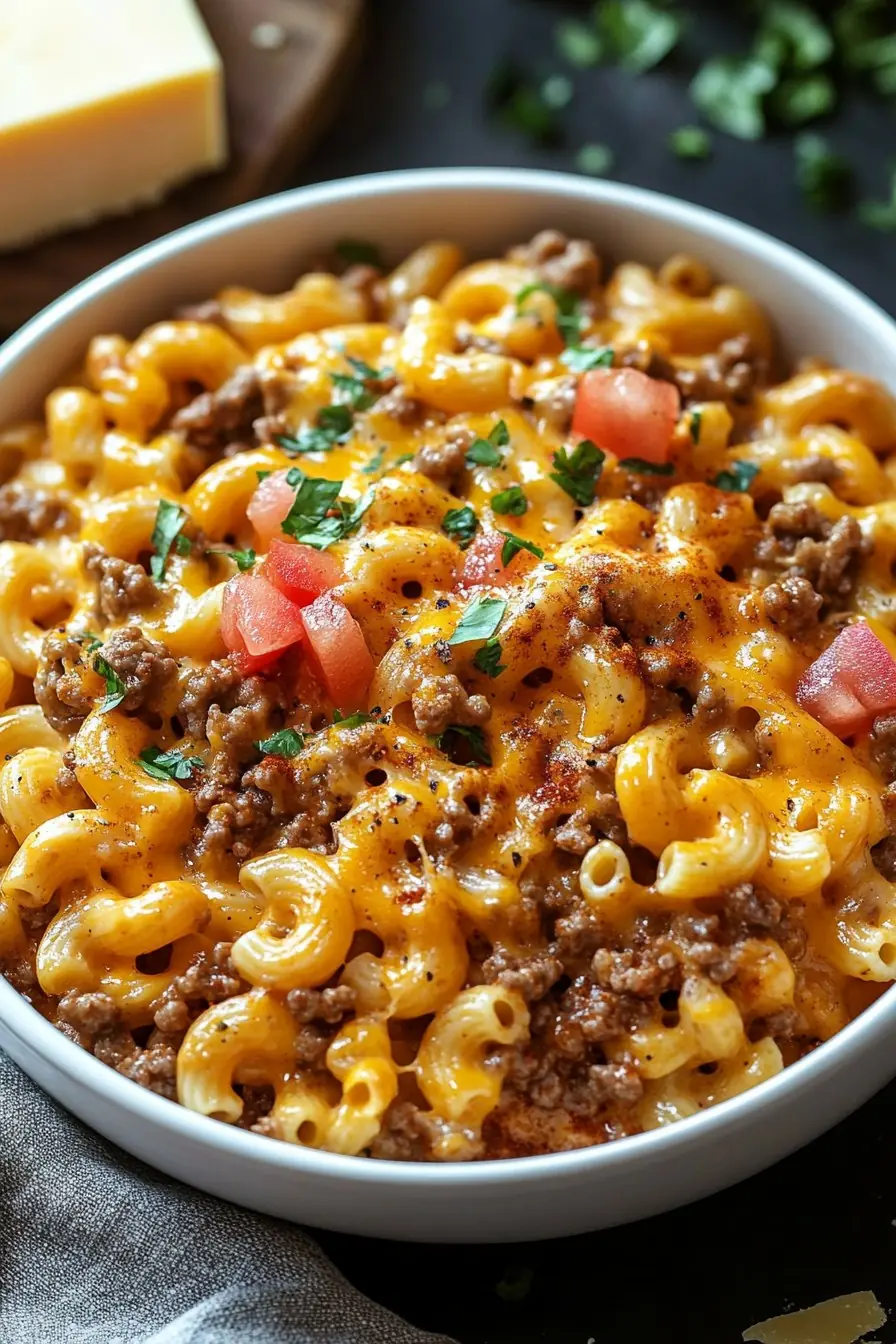
Taco Macaroni and Cheese

Chocolate Chip Cookie Dough Brownie Bombs

What This Oncologist Notices First in Most Cancer Patients Might Surprise You
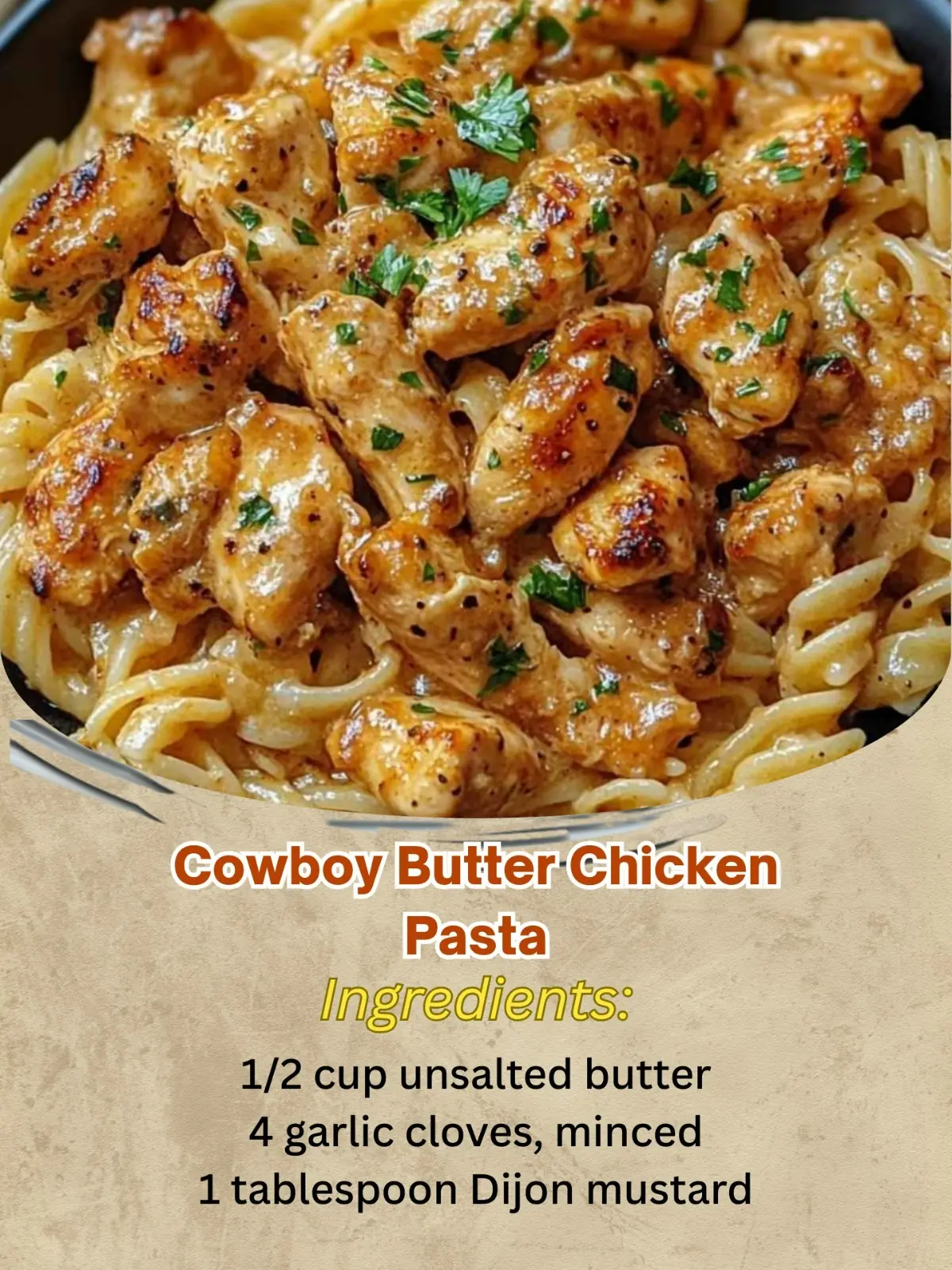
Cowboy Butter Chicken Pasta: A Flavorful Twist on a Classic Dish!
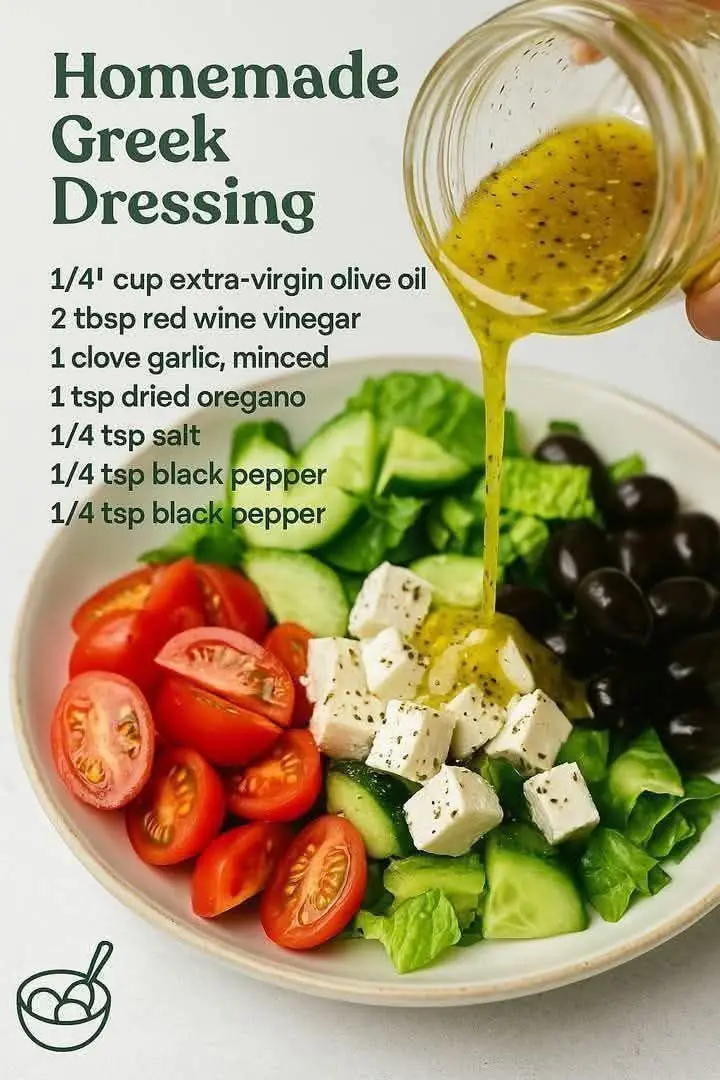
Homemade Greek Vinaigrette – Instructions

creamy-strawberry-apple-punch

No-Bake Turtle Mini Cheesecakes

Aneurysm: Signs You Shouldn't Ignore

This is What Measles Does to Your Body

My Brother's Fiancée Demanded Our Family's Inheritance for Her Kids — I Said Yes, Then Asked One Question That Shut Her Down

I Walked Out of My Own Birthday Dinner in Tears from Humiliation After My Fiancé's 'Surprise'
